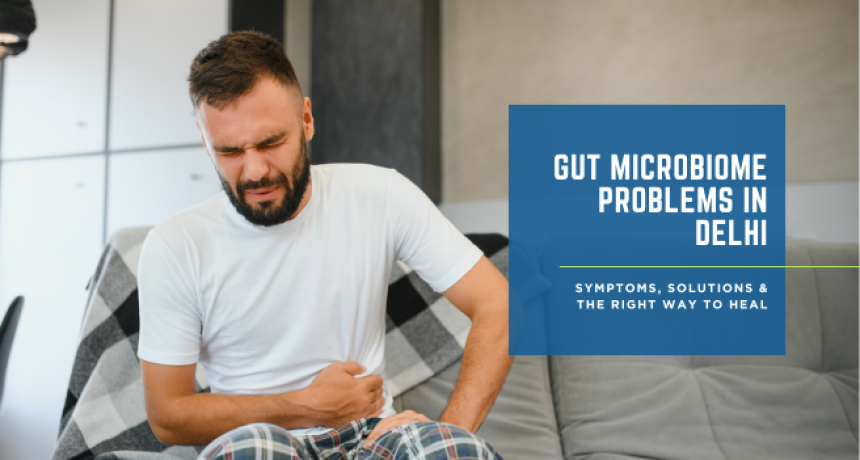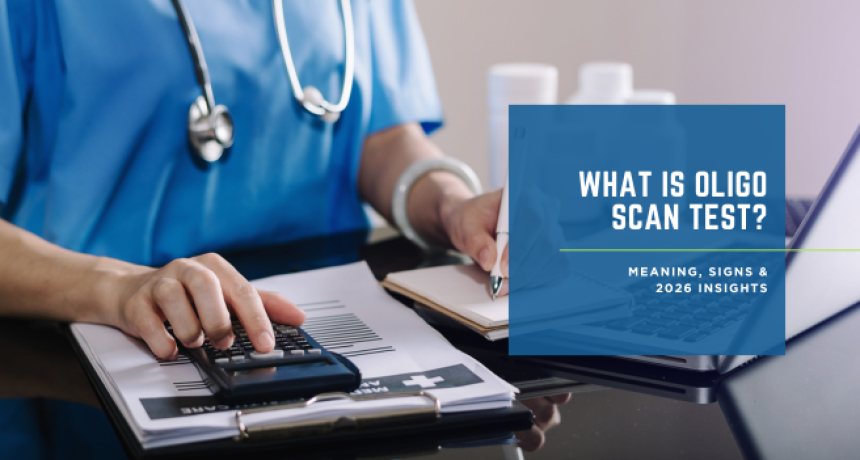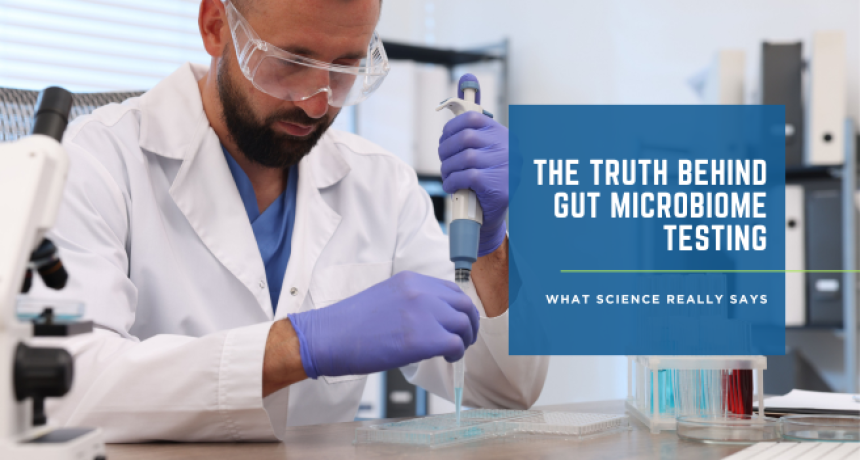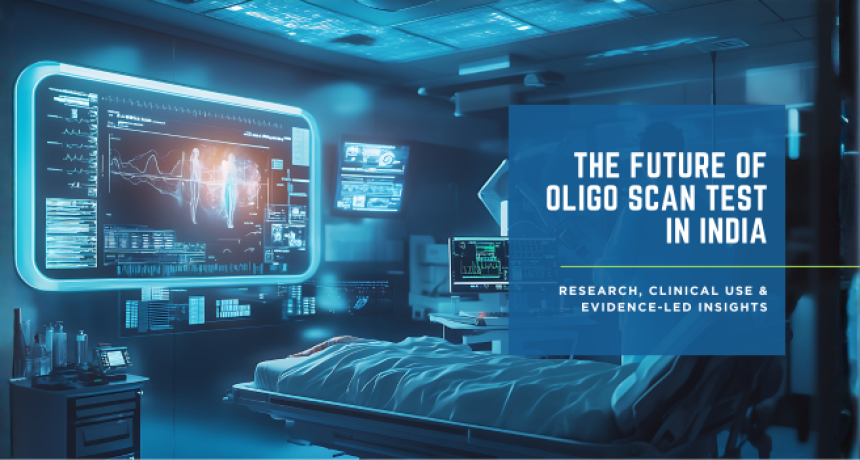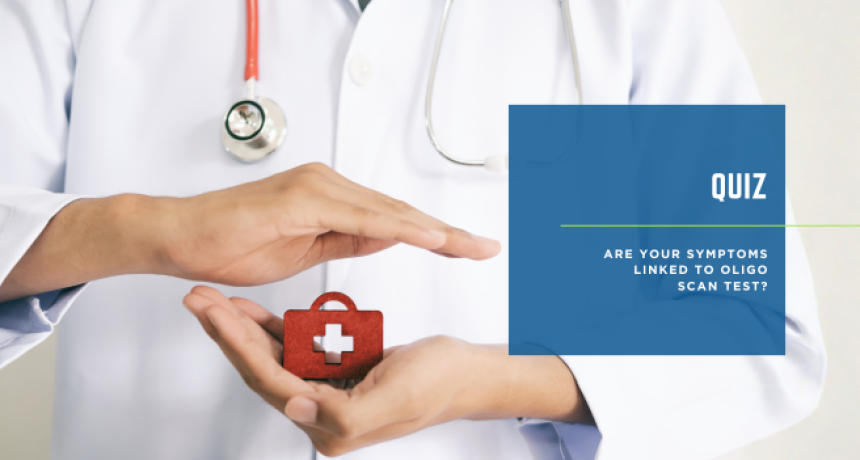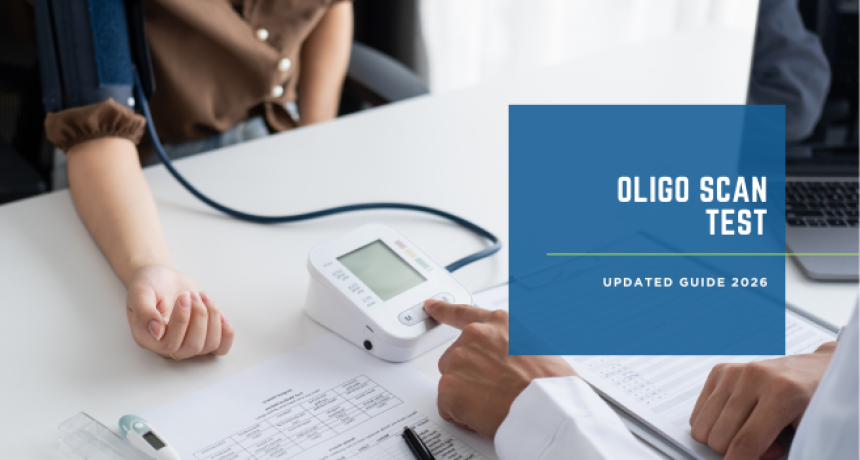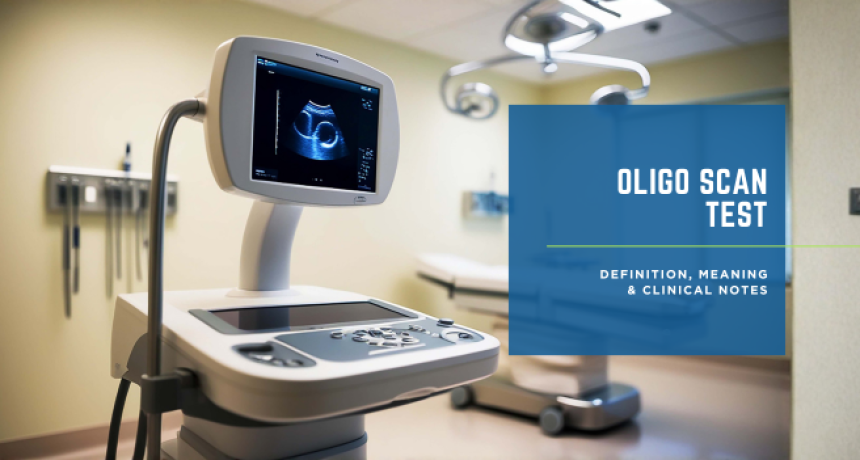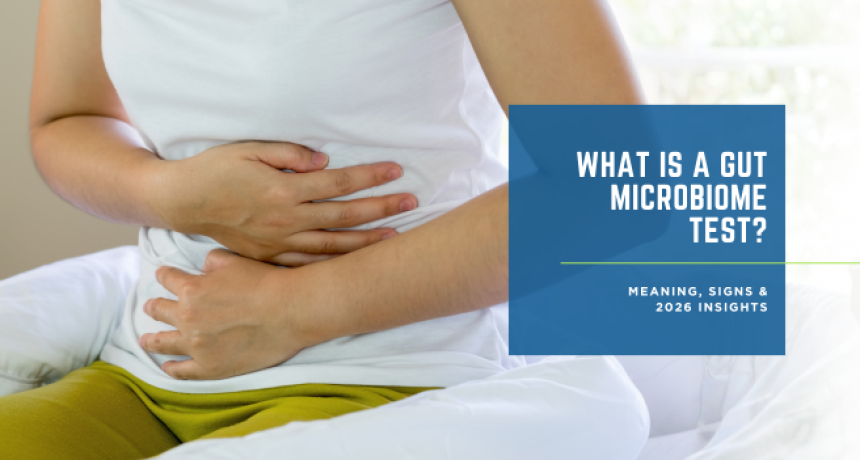The Role of Nutrition in Mental Health: How Food Shapes Mood and Resilience
2025-05-08 Your brain and gut are connected — what you eat directly affects how you feel. Nutritional psychiatry shows that diet plays a powerful role in mental health. Nutrient deficiencies can worsen anxiety, depression, and brain fog. L&B Clinic uses advanced diagnostics (GUT 360, blood work) to craft personalized nutrition plans. Healing your mood begins on your plate. If you’ve ever felt irritable after skipping a meal or noticed how comfort food lifts your mood (even briefly), you already know this truth: what we eat affects how we feel. Mood swings, anxiety, low energy, and even depression aren’t just emotional challenges — they’re often signs of biochemical imbalances rooted in our gut, nutrient status, and food choices. At L&B Clinic, we’ve seen first-hand how poor nutrition fuels emotional dysregulation, and how targeted nutritional interventions can shift the mental health trajectory of both children and adults. This isn’t just theory — it’s backed by neuroscience, clinical nutrition, and gut-brain axis research. The gut is home to over 100 million neurons — and 90% of your serotonin, your brain’s “feel-good” neurotransmitter, is made in the digestive tract. This means that a disturbed gut can directly impact your emotional state. GUT 360, L&B Clinic’s advanced gut microbe test in delhi, helps decode how imbalances like: Dysbiosis (bad bacteria overgrowth) Leaky gut syndrome Low microbial diversity …can trigger or worsen conditions like: Anxiety Brain fog Mood swings Chronic fatigue PMS-related emotional sensitivity Dr. Deepika Krishna says: Nutritional psychiatry is a growing field that looks at how specific nutrients influence mood, cognition, and resilience. A study in The Lancet Psychiatry (2015) showed that dietary patterns high in processed foods were associated with increased risk of depression and anxiety. A poor diet can lead to: Neuroinflammation (inflammation in the brain) Insulin resistance HPA axis dysfunction (stress hormone imbalance) Oxidative stress Feeling tired despite sleeping well Low motivation or pleasure (anhedonia) Anxiety before meals or sugar cravings Mood dips during PMS Brain fog after eating 🔬 L&B Clinic uses blood panels, micronutrient testing, and GUT 360 to detect and correct these silent deficiencies. Mood-Boosting Foods: Wild-caught fish Fermented vegetables Berries and dark chocolate Avocados and nuts Lentils and leafy greens Foods to Avoid or Limit: Refined sugar and white flour Trans fats Excess caffeine Artificial additives Alcohol (especially if depressed or anxious) “Nutrition is foundational for mental clarity. Before reaching for meds, we must first correct what fuels the brain daily — because your food isn’t just calories. It’s chemistry.” FAQs on Nutrition and Mental health Yes. Numerous studies show that anti-inflammatory, gut-friendly diets reduce anxiety, depression, and improve emotional resilience. A science-based approach to using diet and nutrients to support mental health and reduce the need for medication, supported by a mental counselor in Delhi. Not at L&B. We focus on adding what heals — not just cutting things out. Plans are balanced, diverse, and personalized. We offer GUT 360 and blood testing to determine if gut dysfunction, inflammation, or deficiencies are at play. Absolutely. Our care team works alongside your psychiatrist/GP to create an integrative support plan.
Whether you're feeling burnt out, anxious, or low — nutrition is one of the most powerful levers for lasting change. L&B Clinic's expert-led programs combine advanced diagnostics, integrative nutrition, and gut-brain strategies to help you reclaim energy, mood, and mental resilience. 📍 Book your consultation today Reviewed by: Dr. Deepika Krishna, Founder, L&B Clinic References: Jacka, F.N. et al. (2015). A randomised controlled trial of dietary improvement for adults with major depression (SMILES trial). BMC Medicine Logan, A.C. et al. (2013). Nutritional psychiatry: Emerging evidence and potential mechanisms. Canadian Journal of Psychiatry Harvard Health Publishing. (2020). Nutritional Psychiatry: Your Brain on FoodKey Takeaways:
Why Nutrition Isn’t Just About Weight
The Gut-Brain Axis: Your Second Brain in the Gut
“We often treat the gut before we treat the mind — because inflammation, malabsorption, and gut toxins silently hijack mental well-being.”The Science Behind Nutritional Psychiatry
Essential Nutrients for Mental Health
Common Signs of Nutrient Imbalances Affecting Mood
What to Eat for Emotional Resilience
A Day of Eating for Mood Support
L&B’s Nutrition + Mental Health Protocol: Step-by-Step
Dr. Deepika’s Advice on Nutrition for Emotional Wellness
1. Can changing my diet really help with anxiety or depression?
2. What is nutritional psychiatry?
3. Do I need to go on a restrictive diet?
4. How do I know if my mood issues are linked to food?
5. Can I follow this program if I’m already on medication?
Ready to Rebuild Your Mind from the Inside Out?
🔬 Get your GUT 360 test
🥗 Start your Personalized Food-Mood Plan
.png)


